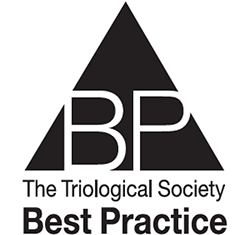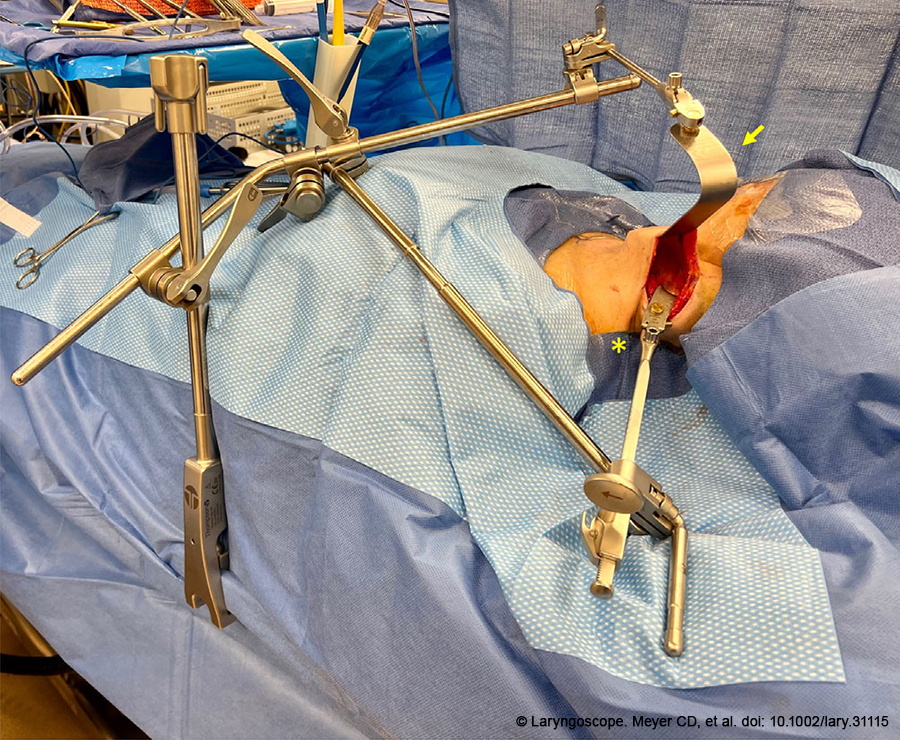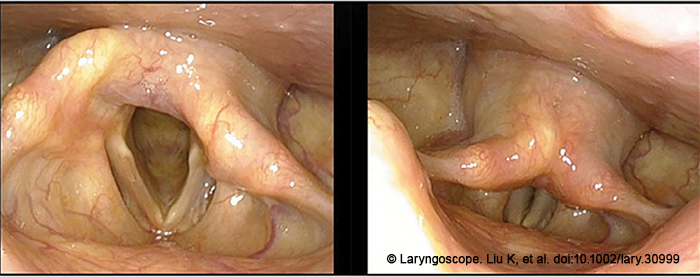Patients with normohormonal primary hyperparathyroidism undergoing parathyroidectomy can expect cure rates like those of patients with classical primary hyperparathyroidism, with an 80% drop or more in intraoperative parathyroid hormone levels predicting a high likelihood of cure.

A New Survey Found Swallowing Disturbances to be Weakly Linked to Aspiration Findings
The SDQ is a survey of 15 questions developed for Parkinson’s disease patients but has been validated for patients with non-neurological disorders.

Determining Appropriate Objective Testing for Patients with Suspected Laryngopharyngeal Reflux
Staging severity of laryngopharyngeal reflux with more objective testing is crucial to understanding its natural history, forecasting response to treatment, and it may serve as a gateway to considering surgical treatments.
Voice Dissatisfaction Common Among the General Population
Dissatisfaction with one’s speaking voice is common, and a considerable percentage of the general population without voice disorders would consider interventions to change it.
Motion Capture Technology Can Evaluate Extrinsic Laryngeal Muscle Movement Patterns
Results show the feasibility and reliability of motion capture technology in studying extrinsic laryngeal muscle kinematics.

Potential Advantage Using Robotic Thyroidectomy via Posterior Neck Approach with the DaVinci Single Port System
The newer DaVinci single port system offers the potential advantage of increased access and flexibility through a smaller incision and working tunnel.

How to: A Novel Five-Step Reduction Technique of Arytenoid Dislocation
It is commonly accepted that early diagnosis and timely and effective joint reduction are the keys to treating arytenoid dislocation. In this article we take a look at a novel five-step reduction technique.
Minimally Invasive Thyroidectomy Not Inferior to Conventional Surgery
Minimally invasive thyroidectomy achieves high cosmetic satisfaction and is not inferior to conventional thyroidectomy in terms of surgical results or perioperative complications.
Superior Laryngeal Nerve Block Improves Neurogenic Cough for Most
Superior laryngeal nerve block improves for patients with neurogenic cough reported symptomatic improvement, and repeat injections may benefit patients with initial nonresponse.
Laser Laryngeal Surgery Is Safe Under THRIVE
By eliminating the fuel component of the fire triangle, THRIVE can be used safely for continuous delivery of high functional inspired oxygen (FiO2) concentration during LLS, provided there is adherence to institutional THRIVE-laser laryngeal surgery protocols.
- « Previous Page
- 1
- 2
- 3
- 4
- 5
- …
- 33
- Next Page »